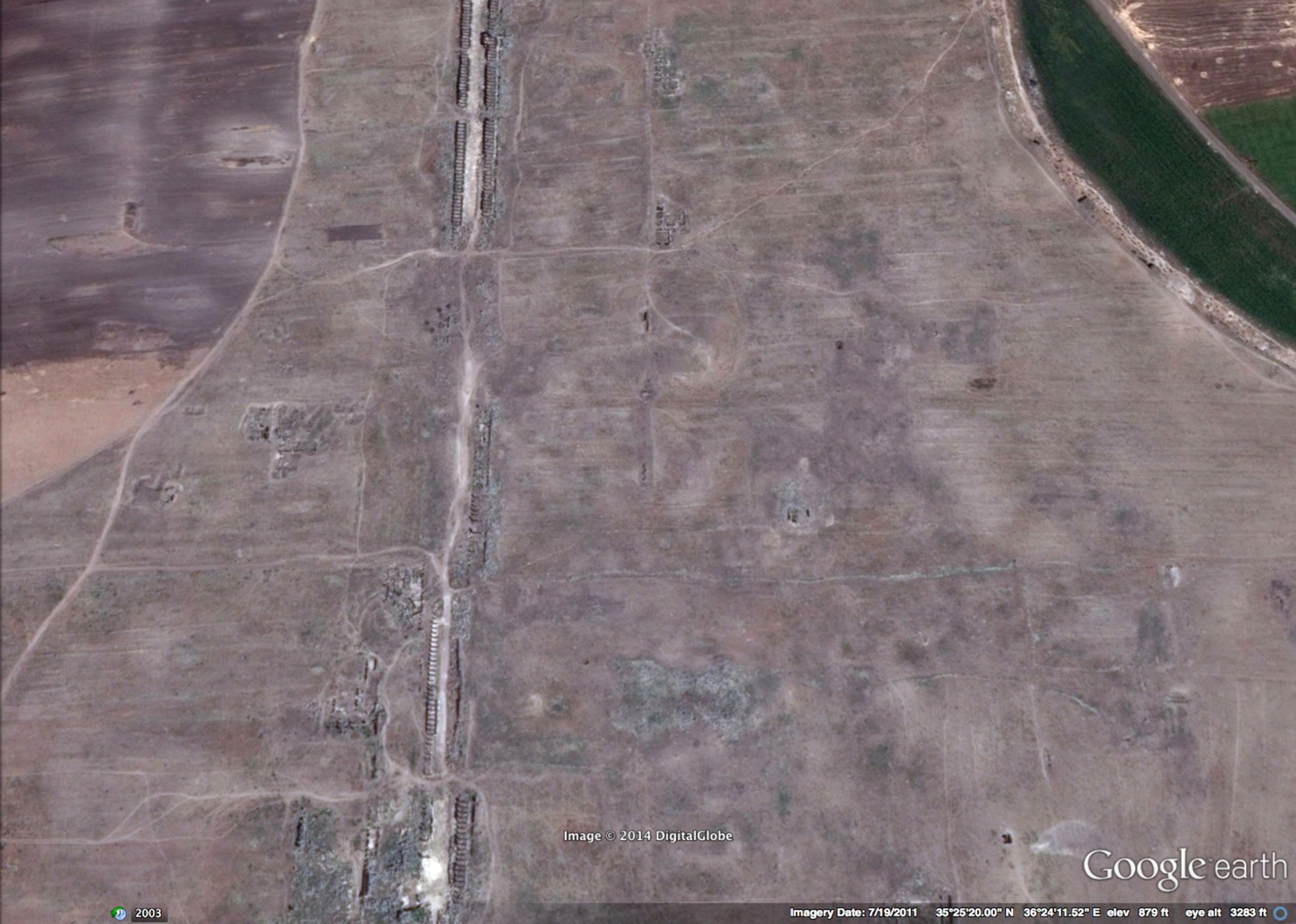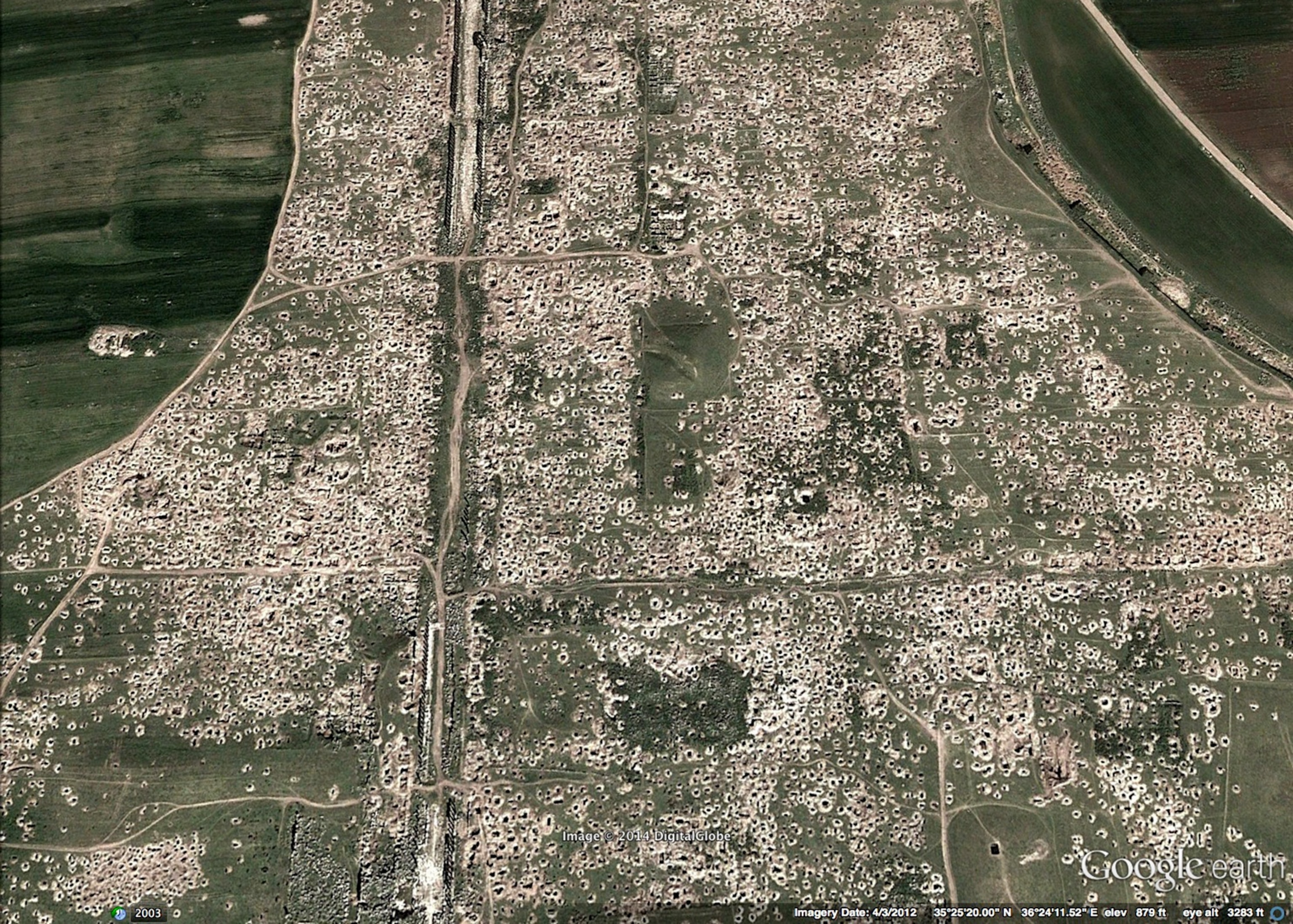
ISIS Cashing in on Looted Antiquities to Fuel Iraq Insurgency
Al-Qaeda splinter group selling artifacts to buy weapons.
Three years ago, the Islamic State of Iraq and Syria, better known as ISIS, was just a small group of extremist Sunni Muslim militants battling to bring down the Syrian government. But in recent weeks, ISIS has emerged as a major insurgency, expanding its Syrian territories and capturing a broad swath of Iraq, including the country's second largest city, Mosul. And this raises an important question: How did ISIS grow so swiftly and raise enough money to buy weapons for its army?
Much evidence suggests that ISIS cashed in on the Syrian oil fields it captured. But two weeks ago, Iraqi intelligence officers discovered new sources of its income, according to a report in the Guardian newspaper. While securing the safe house of a dead ISIS commander, they seized more than 160 computer flash drives containing detailed financial records of the insurgents. Listed among ISIS's key financial transactions were records of illicit antiquity trafficking. In one region of Syria alone, the group reportedly netted up to $36 million from activities that included the smuggling of plundered artifacts.
Such profiteering fits well with a longstanding pattern in the region, says Thomas Livoti, a PhD student at the University of Montana who is studying the impact of counterinsurgencies on archaeological sites.
A Pattern of Looting
"Both al Qaeda and the Taliban looted antiquities for the purpose of funding their operations," he notes, and ISIS—an al Qaeda splinter group—is likely using the same funding model, particularly as cash flow from other sources dries up. "The U.S. is freezing bank accounts and cracking down on false charities," Livoti adds, "so ISIS has to go to alternative methods of financing."
Since the beginning of the Syrian civil war, looters have pillaged many of its important archaeological sites for marketable artifacts. For example, Google Earth images of the ancient city of Apamea—founded by one of Alexander the Great's generals and nominated in 1999 as a UNESCO World Heritage site—clearly reveal the massive destruction that followed the onset of the war. In less than nine months, from July 20, 2011, to April 4, 2012, the once pristine area was riddled with looters' holes.
By late 2013, more than 90 percent of Syria's cultural sites lay in regions of fighting and civil unrest, leaving them more open to plunder. So grave was the situation that the International Council of Museums published an Emergency Red List of Syrian Cultural Objects at Risk, putting border guards and law enforcement agencies on alert for a wide range of smuggled artifacts—from bronze swords to delicate glass bottles.


Today Iraqi intelligence officers are analyzing the ISIS flash drives to determine just what role the Sunni extremists are playing in Syria's illicit antiquity trade. But Sam Hardy, an archaeologist at University College London, who studies the trade in illicit antiquities, notes that insurgents and paramilitaries generally enter the trade in at least one of three ways: by running a trafficking network, facilitating smuggling through offering a service, or levying a tax on traffickers who move looted artifacts through their territory.
Hardy suspects that ISIS commanders are likely imposing a levy on smugglers. ISIS "looks like they want to function as a state, so in that sense they would at least have to be doing taxation," Hardy says. But that may not be the end of it. "The talk is that they are also running the oil management and smuggling operations," Hardy adds.
Clearly, collectors of Syrian and Iraqi antiquities need to exercise caution before making any purchases in the days to come. Some unscrupulous dealers are highly adept at laundering looted artifacts. Moreover, recent research shows that there can be little distance and few links between looters, traffickers, and collectors.
Prospective buyers should be asking themselves one key question, says Hardy: "What are the chances that my money is going to buy bullets?"